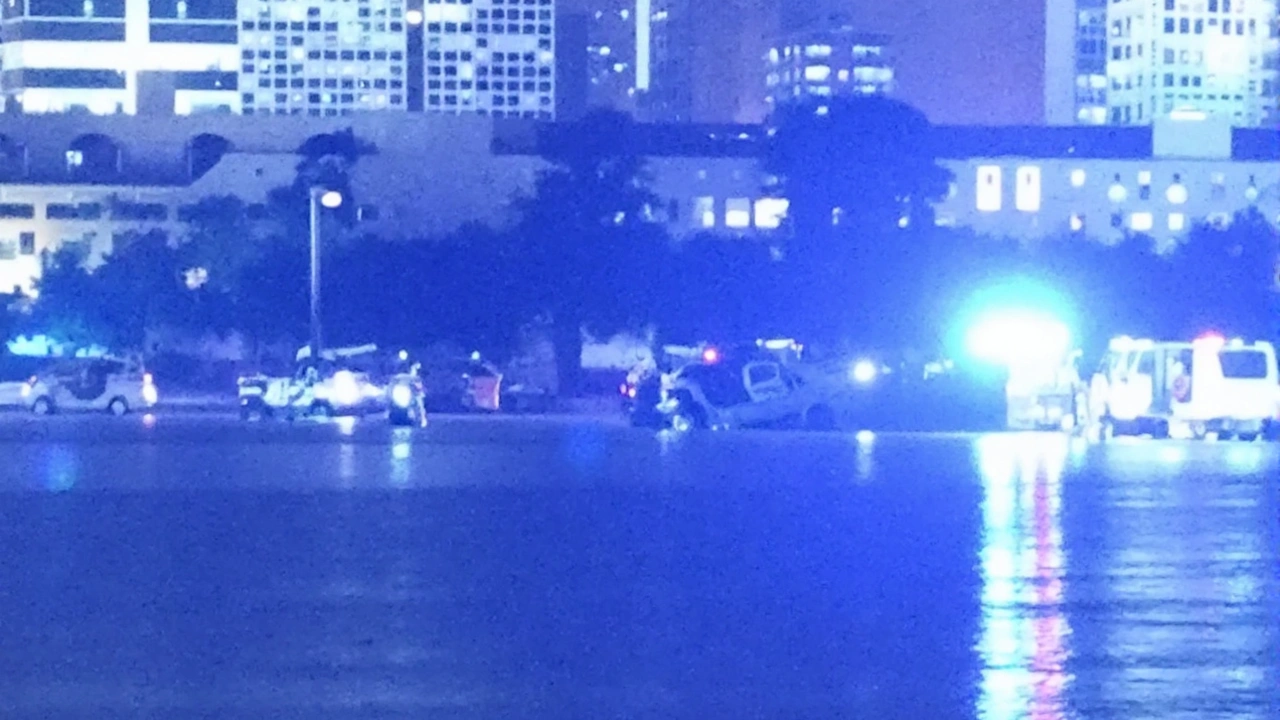Aviation Safety: What You need to know right now
Worried about flying in Africa or anywhere else? Good—asking questions is the first step to safer travel. This tag collects news, practical checks, and quick tips so you can judge an airline’s safety at a glance and act calmly if something goes wrong.
Who controls aviation safety?
Global rules come from ICAO (the UN’s aviation body). IATA runs the IOSA audit program that checks airlines directly. In Africa, regulators like the African Civil Aviation Commission (AFCAC) and each country’s civil aviation authority (for example SACAA in South Africa or KCAA in Kenya) enforce rules and publish safety updates. The European Commission also keeps an "Air Safety List" that names carriers with safety concerns—use it as a quick red flag.
These bodies don’t stop accidents from happening, but their audits and reports show whether an airline or regulator follows basic safety steps.
Common safety problems and what they mean
Most flights are safe. When problems do appear they often come from a few repeat areas: poor maintenance, gaps in pilot or technician training, weak air traffic control or runway infrastructure, and weather or bird strike risks. Aging fleets aren’t automatically unsafe, but older planes need strict maintenance and clear records. If a regulator has weak oversight, small issues can become bigger fast.
So the real question is not just "is the plane old?" but "does the airline show good records, audits, and maintenance discipline?"
Want a quick safety check? Do this before you book: 1) See if the airline is IOSA-registered via IATA’s registry. 2) Check ICAO’s audit status for the country (USOAP results). 3) Look at the EU Air Safety List for bans or restrictions. 4) Read recent national CAA press releases or safety bulletins. 5) Scan recent, reputable news stories about the airline or airport.
Use at least two of those sources before you decide. One source alone can miss context.
Travel tips that actually help: always keep your seatbelt fastened when seated; follow crew instructions; take a quick look at the safety card and count rows to the nearest exits; carry essential meds and a charged phone; and keep copies of travel documents and emergency contacts. If you see an obvious safety lapse—like repeated technical problems or a crew that looks rushed—report it to the airline and your national CAA afterwards.
If you want updates, bookmark this tag and check it after major incidents or regulator reports. We gather local and international announcements so you can find reliable info fast. Questions about a specific airline or airport? Ask here and we’ll point you to the right official sources.
- June 16, 2025
- Comments 14
- News

